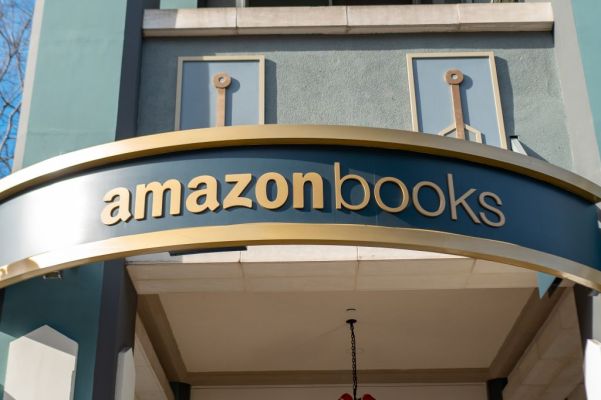Daily Crunch: Twitter stock price soars after Elon Musk acquires 9.2% stake – TechCrunch
Why hello, we didn’t see you there. Welcome back to another week and an artisan, small-batch, limited-edition, locally crafted, handmade Daily Crunch for Monday, April 4, 2022!
Today, we’re pretty psyched about Kirsten’s transportation newsletter, where she covers Tesla’s EV delivery records and much more. On Wednesday, we’re tuning in to Austin, Texas for our TC City Spotlight: Austin. It’s not too late to register, so, er, maybe go and do that.
Finally, a reminder that everyone has their own things going on, so let’s meet this week with kindness, shall we? — Christine and Haje
The TechCrunch Top 3
- Elon Musk is reportedly Twitter’s largest shareholder: When the Tesla and SpaceX entrepreneur said he planned to build a social platform of his own, we’re not sure we were thinking this: Twitter today confirmed that Musk indeed bought a 9.2% stake in the company. Rumors sent Twitter share prices soaring last Friday. It’s not yet known what this all means, but we’re enjoying the Twitter memes for now.
- Mailchimp confirms data breach: No matter how you like to pronounce the company’s name (“mail-keemp?”), the email marketing giant says hackers got in and viewed approximately 300 customer accounts, apparently looking for cryptocurrency and finance targets. A spokesperson declined to say what Mailchimp’s plans were for making it harder for hackers to repeat this, so here’s another story where we’ll have to wait and see.
- Becoming the next Brex: The recent YC Demo Day might be over, but some companies are just getting started, and they have corporate spend company Brex in their sights. At least four startups identified themselves as a “Brex,” but for their particular region. Why home in on this company? Who wouldn’t want to be like this company: It became a decacorn earlier this year, proved it can succeed in a hot and crowded space and it seems like the market can sustain the competition. Looks like a winner to us!
Startups and VC
Well stir me a poke-bowl and call me Susan, it’s all happening in the land of food delivery. In India, we’re seeing the beginnings of an antitrust investigation into Zomato and Swiggy, and over on the Equity podcast, Alex and Mary Ann are digging into how Instacart is starting to deliver market trends. Also, if you’re keen to rethink how you’re eating, think along with Foraged — it is making it easier for people foraging for food to sell their wares online, on what I’m fondly thinking of as a merry mushroom marketplace.
Looking back at last week’s demo-day extravaganza; Y-combinator startups are setting their sights on Brex, the accelerator’s companies are trying to make alternative meat easier to swallow once and for all. In the Startups Weekly newsletter (get your sub on), Natasha reflects on what this batch of YC graduates teaches us about startups.
📰 Occupy your ocular orbs with our omnibus of observant orations:
Raising the right amount of capital after a correction
If you want to launch in the middle of a downturn, don’t be spooked.
Not only is it easier to hire during a market correction, there’s less pressure to deploy blitzscaling tactics that can mask underlying problems with product and marketing.
According to Andy Stines, general partner at Cloud Apps Capital Partners, the current “valuation reset” isn’t a crisis — it’s an opportunity for early-stage founders.
For companies in the $4 million-$5 million ARR range, a $15 million Series A might still make sense, he writes.
“Conversely, if you raise a $4 million-$6 million Series A at a more modest valuation, it gets much easier to reach the goal for a 2x-2.5x valuation step up to the Series B.”
(TechCrunch+ is our membership program, which helps founders and startup teams get ahead. You can sign up here.)




